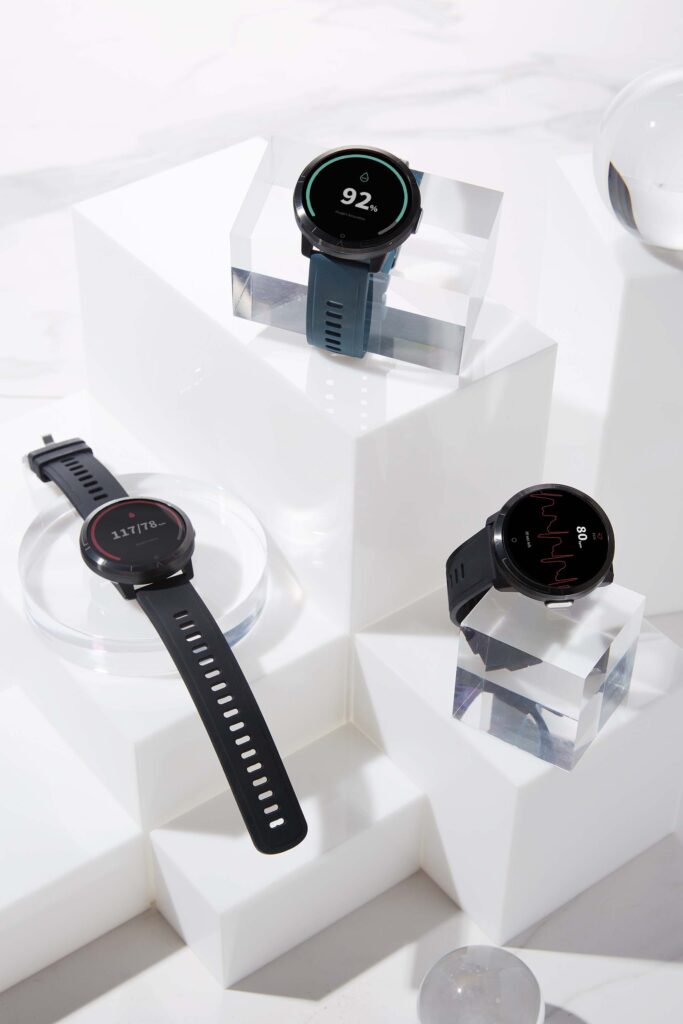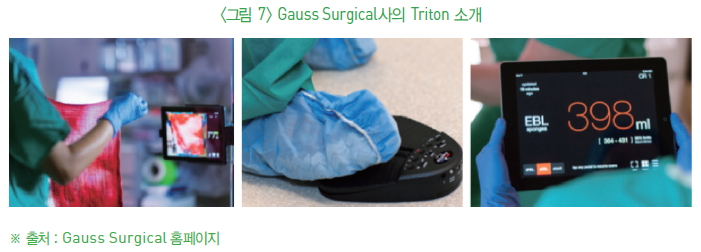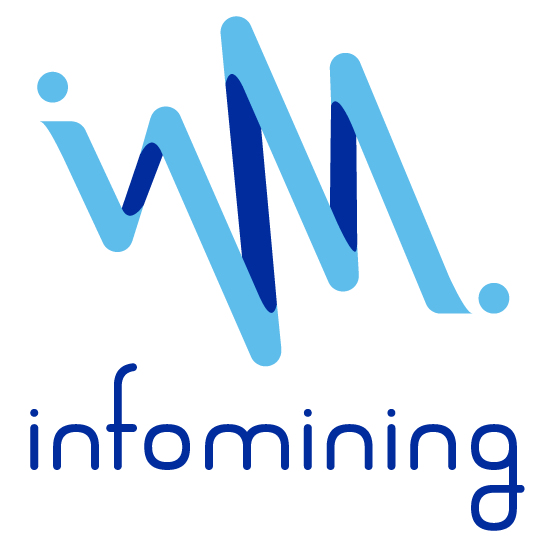
Among start-ups in the field of artificial intelligence (AI), it receives the most investment and healthcare.
The amount invested in the healthcare industry is 15% of the total venture capital (as of 2015).
Looking at the detailed areas invested in healthcare, healthcare analytics → personal life monitoring and management → medical image processing and diagnosis.
About $1.5 billion (1.6 trillion won) has been invested in 190 investments by artificial intelligence startups, and the analytics sector, which uses machine learning and natural language processing algorithms to provide predictions and insights on patients’ health, has recently drawn attention.

Imaging & Diagnostics: Since image analysis is the field of finding patients’ diseases by analyzing medical image (MRI, CT, etc.), image analysis accounts for one-third of artificial intelligence healthcare startups founded after 2015, and deep learning, an artificial intelligence technology, is expected to continue to increase.
Lifestyle management & monitoring: It is growing with the development of wearable devices, a field that provides personalized health care by monitoring an individual’s usual eating habits, lifestyle, exercise, and drug use and analyzing collected data.
Insights & Risk analytics: The field of providing insights into the health status of patients to medical service providers (doctors, insurance companies) using artificial intelligence technology and big data analysis technology together. All available data such as various factors, medical records, and demographic factors for symptoms are used.
Drug discovery: areas that reduce the time and cost of developing new drugs using machine learning technology, Emergency room & hospital management: helps manage optimized medical services, manages emergency room conditions in real time, and monitors the amount of blood administered to patients during surgery.
Wearables: Related SW, HW field that monitors biometric data from individuals, Virtual Assistant: areas where users can receive medical services through remote connections with doctors (video, voice, text, etc.), and venture investments are still small, but potential areas.
Mental Health: Managing not only physical health but also psychological and mental health, helping relieve patients’ depression or anxiety, and the number of companies in this field is still small, Research: Genetic analysis, etc.
Nutrition: By using artificial intelligence technology to analyze and provide the relationship between nutrition and health of food, the number of artificial intelligence startups in the healthcare sector increased nearly 200% in 6 months from about 32 (16.02) to about 92 (16.08).
The Watson for Oncology program can produce necessary results from a vast range of materials, including documents and documents held by the Memorial Sloan Kettering Cancer Center, more than 290 medical journals, more than 200 textbooks, and 12 million documents.
Watson, produced with IBM’s artificial intelligence computing technology, is a computer that resembles the human brain and learns and analyzes in the same way as humans.
Watson analyzes and interprets vast amounts of data within seconds to verify information and supports decision-making, and Watson is evaluated to be able to recommend treatment options to patients with considerable accuracy by announcing the results of cooperation with the MD Anderson Cancer Center.For the first time in Korea, Gachon University Gil Hospital will introduce IBM’s Watson For Oncology and put it into the multidisciplinary treatment team from October 15, and doctors will be offered various treatments that can be selected by integrating vast data in 20 seconds.
Major artificial intelligence healthcare startups
(1) iCarbonX
Founded on October 27, 2015, it is a Chinese artificial intelligence healthcare data analysis company that uses artificial intelligence to collect genomic information, medical information from each medical institution, and personal information to provide personalized medical information (Health Analysis and Health Index Forecast). It is expected to exceed $1 billion (about 1 trillion won) and will occupy a major position in the field of artificial intelligence.
Founded on September 13, 2005, it acquired Imagu Vision Technologies, an Israeli AI company, and established an iCarbonX-Israel AI R&D Center centered on healthcare to develop data analysis and machine learning technology.
(2) Gauss Surgical
It developed Triton, a system that monitors surgical blood loss in real time, and provided a service that accurately estimates real-time blood loss during surgery with a mobile vision system based on an iPad to prevent unnecessary blood transfusions.It was established in 2011 and in March 2016, it received $12.6 million (about 14 billion) in support, totaling $24.6 million (about 27 billion in funds).According to the Blood Management Association, about 88 percent of transfusions did not benefit patients, and it is estimated that surgical blood loss is visually judged and hyperecepted, and Triton is FDA-approved.
However, I would like to introduce HATI HATI, a Korean healthcare solution as much as this. As an artificial intelligence solution, it has already been introduced as the best paper in the society (Spanish Artificial Intelligence Association), as well as its own watch-type software such as blood pressure, electrocardiogram, blood sugar, and body temperature.
Above all, the core of medical treatment is thought to be diagnosis, and providing a quick and contactless treatment is an important indicator.

▲ INFOMINING CO., LTD
▲ CEO : Jae-yong Lee
▲ http://infomining.co.kr
▲worldconsult@infomining.co.kr
▲ +82-70-4914-2970
Sam Kim
Asia Journal

